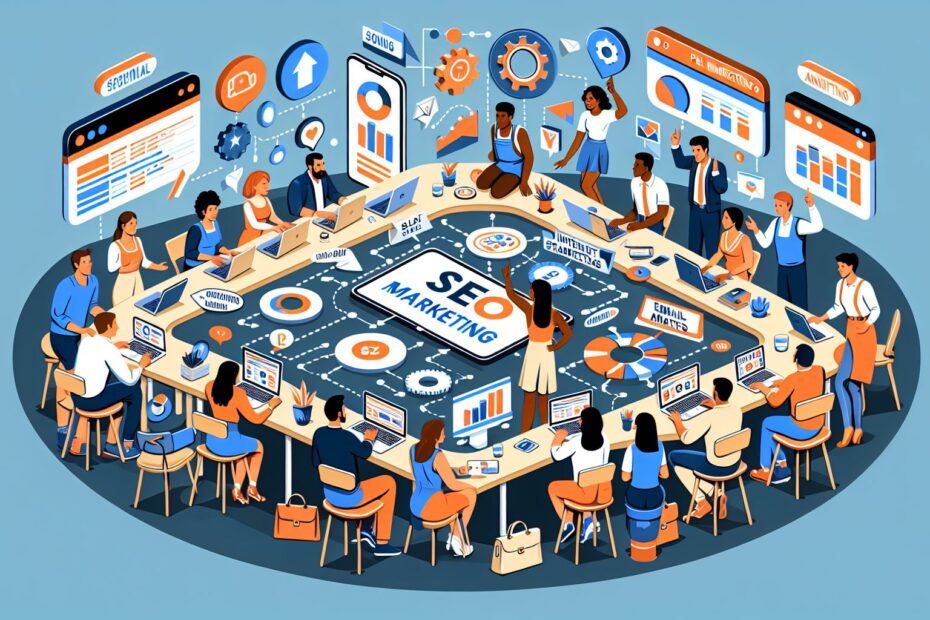As a small business owner, you may have heard about the importance of internet marketing in today’s digital age. With the majority of consumers turning to the internet to research products and services, having a strong online presence is essential for reaching and engaging with your target audience. In this article, we will explore some internet marketing strategies that can help small business owners like yourself increase brand awareness, drive traffic to your website, and ultimately boost sales.
1. Create a Professional Website
One of the first steps in establishing a strong online presence is to create a professional website for your business. Your website is often the first point of contact for potential customers, so it’s important to make a good impression. Consider hiring a web designer to create a visually appealing and user-friendly site that accurately reflects your brand. Include essential information such as your business’s products or services, contact information, and customer testimonials.
2. Search Engine Optimization (SEO)
Search Engine Optimization (SEO) is a crucial component of any internet marketing strategy. By optimizing your website for relevant keywords related to your business, you can improve your visibility in search engine results pages (SERPs) and drive organic traffic to your site. Optimize your website’s meta tags, headings, and content with targeted keywords to improve your chances of ranking higher in search results.
3. Content Marketing
Content marketing involves creating and sharing valuable, relevant content to attract and engage your target audience. Whether it’s blog posts, videos, infographics, or social media posts, quality content can help establish your business as an authority in your industry and drive traffic to your website. Consider creating a content calendar to plan and schedule your content in advance, ensuring a consistent and fresh stream of content for your audience.
4. Social Media Marketing
With billions of active users on social media platforms like Facebook, Instagram, and Twitter, social media marketing is an effective way to reach and engage with your target audience. Create profiles for your business on relevant social media platforms and regularly post updates, promotions, and engaging content to build a loyal following. Interact with your followers by responding to comments and messages to foster a sense of community around your brand.
5. Email Marketing
Email marketing is a cost-effective way to nurture leads, build relationships with customers, and drive sales. Collect email addresses from your customers and website visitors and send them targeted emails with personalized offers, promotions, and updates. Use email marketing tools to create professional-looking emails and track the performance of your campaigns to optimize your results.
6. Pay-Per-Click (PPC) Advertising
Pay-Per-Click (PPC) advertising allows you to target specific keywords and demographics to reach your ideal customers through paid ads on search engines and social media platforms. Set a budget for your PPC campaigns and monitor their performance to ensure you are getting a good return on investment (ROI). Test different ad copies, keywords, and targeting options to optimize your campaigns for maximum results.
In conclusion, internet marketing offers small business owners a cost-effective and powerful way to reach and engage with their target audience. By incorporating strategies such as creating a professional website, optimizing for SEO, content marketing, social media marketing, email marketing, and PPC advertising, you can increase brand awareness, drive traffic to your website, and ultimately boost sales. Keep experimenting with different strategies and tactics to find what works best for your business and stay ahead of the competition in today’s digital landscape.
